Socialist wunderkind Zohran Mamdani defied predictions and defeated former New York Gov. Andrew Cuomo in the Democratic primary for New York City’s mayoral contest. Cuomo, who on Tuesday night conceded to Mamdani, was ahead in the polls for virtually the entire race. But Mamdani’s combination of social media appeal and impressive ground game ended up leading him to what looks likely to be a comfortable victory once the city finishes tabulating its ranked-choice votes.
What can we learn from this race? Pundits, naturally, are rushing to interpret and extrapolate. Is this the beginning of a Democratic Tea Party? Will this revolutionize left-of-center politics? While the left has every incentive to portray this as a tidal wave and centrists to pooh-pooh any potential significance, the truth is more nuanced.
Mamdani, first and foremost, deserves credit for running a good race. His campaign had an incredibly impressive ground game, knocking on more than 1.5 million doors (for context, some estimates have Kamala Harris’ campaign as knocking on 20 million doors—nationally). He’s incredibly charismatic, and his social media team produced slick videos that frequently went viral.
But Mamdani also benefited from facing an incredibly weak opponent. Name recognition meant that Cuomo easily consolidated the moderate lane in the primary. But Cuomo was hammered by multiple scandals and weaknesses. He was accused of sexual harassment by more than a dozen women, and in 2021, he resigned his position as governor in disgrace. He covered up COVID-19 deaths at New York ’s nursing homes. His reputation in many New York circles is that of a vainglorious bully. He’s 67 years old at a time when Democrats are growing tired of the party’s elderly leadership. Cuomo wasn’t even a New York City resident until last year—he’s lived in Westchester and Albany for decades and only officially moved to the city in September 2024.
Cuomo ran a Rose Garden campaign, doing little media and few events, instead apparently hoping to coast to victory based on name recognition and a divided field. Perhaps most damning, it’s not even clear that Cuomo likes New York City or identifies as a New Yorker. Mamdani, in the days leading up to the election, walked the entire length of Manhattan. He’s known for taking the subway and does not own a car. Cuomo, by contrast, famously drives (and speeds in school zones) around Manhattan. Which approach do you think resonated more with city dwellers?
That Mamdani overperformed while facing a candidate with so many weaknesses is no surprise, but drawing any grand narratives from this race would be a mistake. That’s especially true when you consider the larger context—an off-year mayoral primary in a deep blue city is unlikely to indicate to Democrats the key to winning state-level or national contests in places like Iowa, Florida, or Wisconsin. There are, to be clear, smaller lessons to be learned. Social media savvy matters. Attractiveness helps. The ground game is still important, especially at the local level. Focusing heavily on cost-of-living issues, as Mamdani did, is likely a winning strategy whether you’re on the political left, right, or center. Hitching your cart to scandal-ridden gerontocratic jerks, astonishingly, is not the best idea. But Mamdani’s win is unlikely to herald a new age of Democratic politics or change much outside of New York City.
How will Mamdani actually govern, assuming he defeats incumbent Eric Adams (who is running as an independent) and Republican candidate Curtis Sliwa in November? At this point, it’s anyone’s guess. In the past, Mamdani has voiced approval for extremist policies like defunding the police, abolishing merit-based admissions to New York City’s best high schools, and defeating capitalism as a whole. He’s partially walked back those extreme views as a candidate, but he’s also embraced a variety of progressive-sounding policies that range from potentially destructive to inefficient to plain silly: government-run grocery stores, free buses, rent freezes, and putting homeless services in the subway. There are many who expect Mamdani’s mayoralty to crash and burn—a rerun of Brandon Johnson’s cursed tenure as Chicago’s mayor, crushed under the weight of his own poorly planned ideological commitments.
But I’m not sure that Mamdani is guaranteed to be a disaster. One of the more intriguing aspects of his campaign is how he spent time reaching out to centrist-leaning fans of the Abundance movement. He’s eagerly reached out to those outside his base, talking with centrist and center-left media figures like journalist Derek Thompson and commentator Tim Miller, and he seems genuinely enthusiastic about Abundance and supply-side ideas. When asked by the New York Times what he’s changed his mind about, he cited the role of private developers in solving New York’s housing crisis:
I clearly recognize now that there is a very important role to be played [by private developers], and one that city government must facilitate through the increasing of density around mass transit hubs, the ending of the requirement to build parking lots, as well as the need to up-zone neighborhoods that have historically not contributed to affordable housing production—namely, wealthier neighborhoods.
While some YIMBYs are skeptical, others think he could end up as a champion who finally gets New York to build more housing after decades of underproduction. Mamdani, after all, is only 33 years old and has been in politics for only a handful of years. Stranger things have happened. Perhaps Mamdani, forced to confront the realities of governing, will moderate into a productive liberal mayor with less extreme positions and pro-supply positions on energy, housing, and transportation.
If you’re skeptical of that line of thinking, it’s understandable. Mamdani has for years taken far-left positions, surrounded himself with far-left advisors, and still defends far-left slogans like “globalize the intifada.” And while Mamdani seems to be saying many of the right things about the urgent need for more housing and private development, many policy wonks think the details of his plans would actually reduce housing construction.
But the correct way to view Mamdani is as a high-variance candidate. He might be a shrewd operator who can work New York’s powerful city council into passing his entire policy wish list, or he might end up stymied and unable to pass much of anything. He might try to push for a full slate of far-left policies, or he could pivot to the center. He’s young, he’s inexperienced, and he’s already expressed ideological flexibility, so those of us who live in America’s greatest city are just going to have to hold on tight and see where Mamdani takes us.
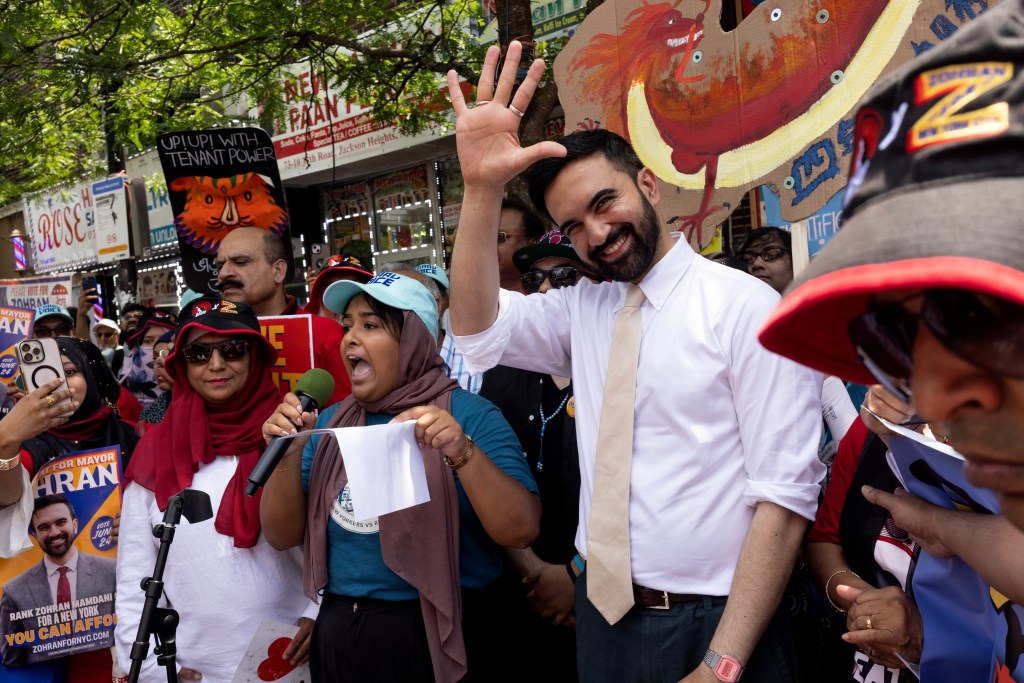

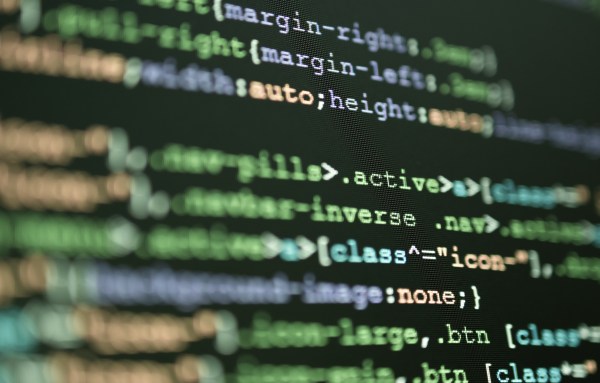
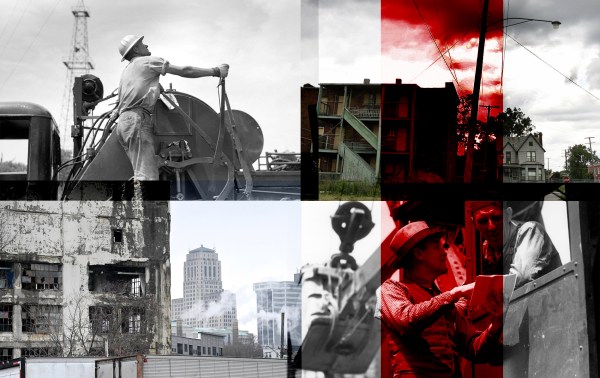
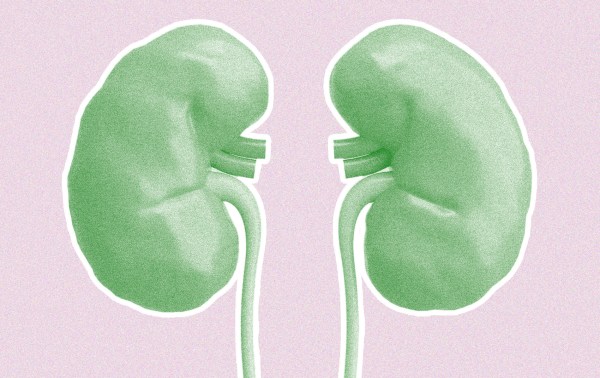
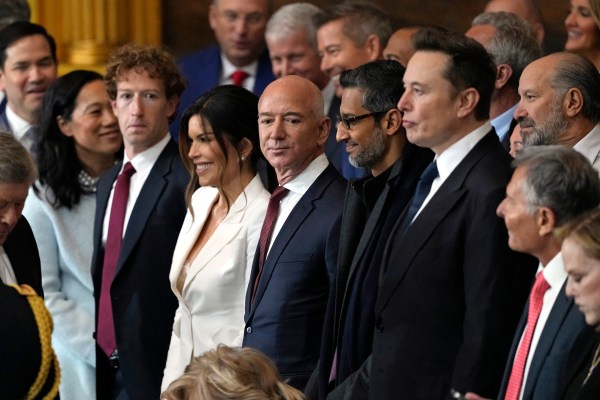


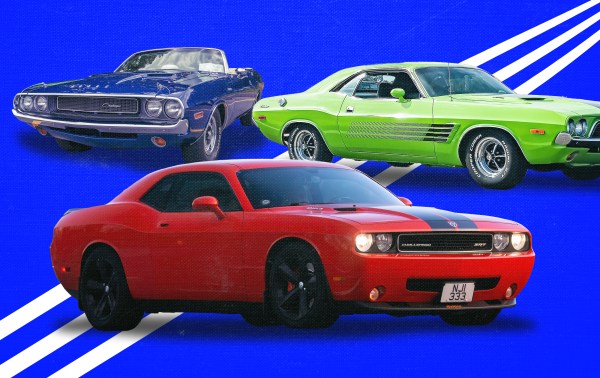

Please note that we at The Dispatch hold ourselves, our work, and our commenters to a higher standard than other places on the internet. We welcome comments that foster genuine debate or discussion—including comments critical of us or our work—but responses that include ad hominem attacks on fellow Dispatch members or are intended to stoke fear and anger may be moderated.
With your membership, you only have the ability to comment on The Morning Dispatch articles. Consider upgrading to join the conversation everywhere.